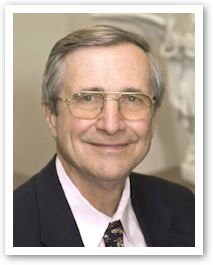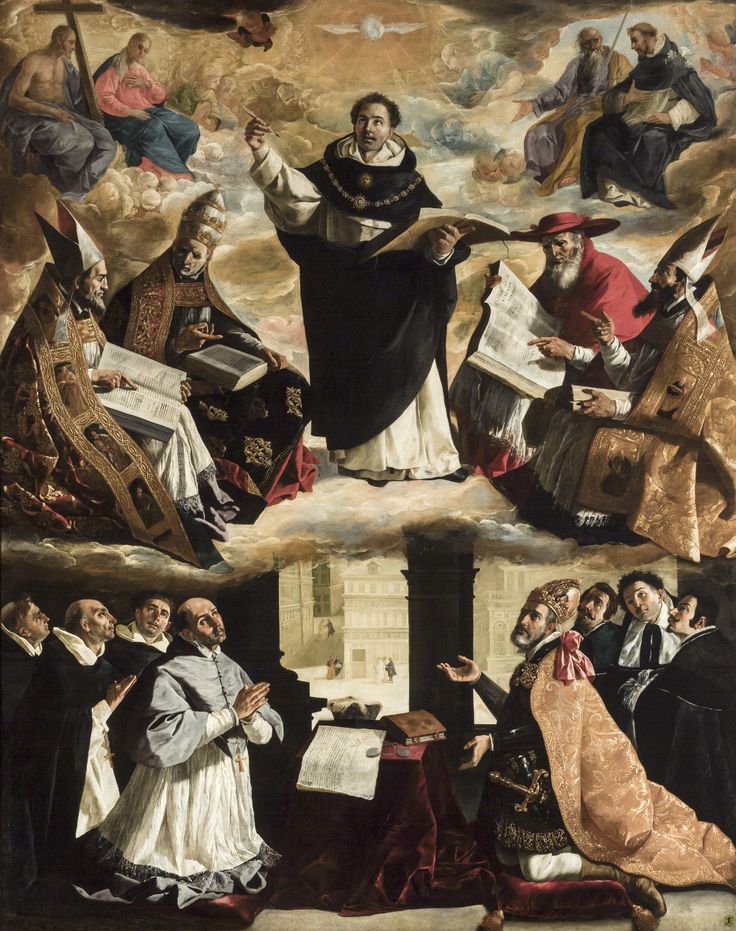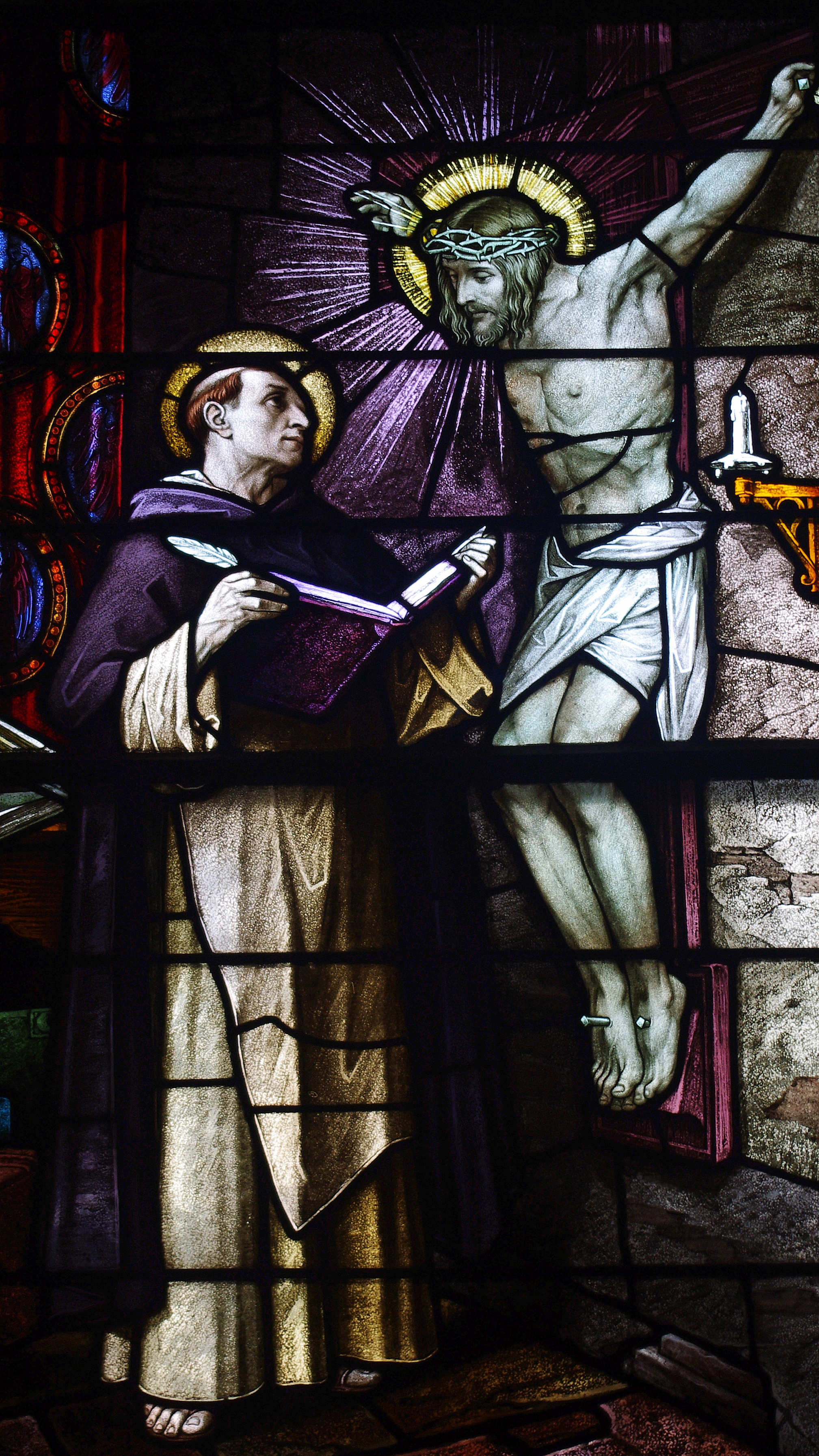2/6/14
-by David G Bonagura, Jr., teaches at St. Joseph’s Seminary, New York.
“I don’t feel anything when I pray.” “I am bored at Mass.” “When I talk to God, I do not sense that someone is listening.” These laments, experienced at one time or another by both the pious and the lost, rise from the very heart of Christian praxis. They express the natural human desire for vibrant emotion and feeling in prayer, a reality that many often lack, especially as the faith is lived over the years.
Emotion, as a reality of the human experience, has a role within the life of faith. The Scriptures themselves express the full pantheon of human sentiment: joy and sorrow, gratitude and jealousy, trust and doubt, hope and fear, love and hate are all part of the divine economy of salvation because they, in their different ways, bring us into contact with God. But it is critical for believers to understand their emotions as one aspect within the broader context of their faith and their relationship with God – not as constitutive of their faith.
Because of the prevalence and power of sentiment, there has always existed a temptation, often well intentioned, to reduce faith to emotion and experience. In the nineteenth century, Friedrich Schleiermacher declared, “faith is nothing other than the incipient experience of a satisfaction of that spiritual need by Christ.” Today “youth Masses” attempt to make Schleiermacher’s definition a reality among young people through excited cheering and contemporary music. Other Masses border on sentimentality with overly sappy hymns such as “Here I am Lord” and “You Are Mine.” We are then supposed to feel the presence of Christ and respond to Him in faith.
These personal experiences and feelings can indeed kindle faith, but they cannot be the sole pillars of our spiritual lives, because emotions are not the essence of faith. Rather faith rests upon a loving God Who is not the product of our subjective longings, but a real independent Being Who calls us into union with Him through the revelation of His Son. Faith requires us to acknowledge and accept revelation. The response we make to God may be spurred and accompanied by an array of sentiments, but it is with the intellect that we assent to God and His will.
For this reason St. Thomas Aquinas classified faith as an intellectual virtue: “[T]o believe is an act of the intellect assenting to the truth at the command of the will.” (cf ST II-II, Q2, A1) The intellect has priority because it accepts what comes from God, yet it does so at the insistence of the will, which can be moved by the power of religious experiences. These experiences, when properly integrated within the contours of faith, can contribute to the further development of our relationship with God.
But because faith is the province of the intellect, we need not worry or doubt when emotion and religious sentiment ebb or even disappear from our lives, as they inevitably do. Spiritual aridity – the absence of feeling from the life of faith – is a normal occurrence in the spiritual life, and it can be temporary or prolonged. The saints, many of whom endured painful spiritual aridity for decades, teach us that the absence of religious feelings is God’s way of purifying our faith, which rests ultimately not on emotion, but on our trust in the authority of God’s word.
Often faith is stirred within us due to some profound experience that propels us forward joyfully in our relationship with God. But as the power of these experiences wanes over time, we are forced to trust that we remain in communion with God even as His presence seemingly vanishes. Our situation is akin to that of the apostles: for three years they experienced directly the presence of Christ, and the attendant joy and security that came with it. But after His death and resurrection, they learned, courtesy of Thomas, that it is not feeling but raw trust that constitutes faith. “Have you believed because you have seen me? Blessed are those who have not seen and yet believe.” (John 20:29)
Because God is real and not the product of our emotions, we know He hears our prayers and is present to us even if we do not “feel” Him. Our restless hearts must continue to reach toward God, knowing that He alone is their end and fulfillment.
Contrasts are often drawn between Catholics’ more stoic worship with the energy of certain Protestant services. The different styles are pathways to faith; religious feeling of itself neither constitutes nor measures the faith present within the community or the individual. Faith’s true vibrancy depends on the degree to which we trust in God and assent to His revelation. When our trust and assent is strong enough that we give ourselves wholly to God, then we have the love of God in our hearts. And love is not merely sentiment: it is action and commitment as well.
Carmelite Father Gabriel of St. Mary Magdalen writes that “the enkindling of love does not consist in the joy the soul may experience, but rather in the firm determination of the will to give itself entirely to God.” Faith puts us in union with the love of God. We need not fret over lack of religious emotion in our lives, and we need not think our preferred religious experience should be shared by everyone else. True love withstands the flux of all emotions because it is anchored in the certain hope of the God who made us for Himself.”
Love,
Matthew

















